Sustainable Festival Gear Ideas, Eco-Friendly Festival Tips & More For Your Festival Checklist
In an era where sustainability has shifted from a mere buzzword to a global movement, the festival scene is no exception. As we gear up for the 2024 festival season, the echo of music blends with a growing call for environmental consciousness. Festivals, with their pulsating energy and communal spirit, have the unique power to influence and inspire. But with great power comes great responsibility—towards our planet, its ecosystems, and future generations.
From the sprawling fields of Coachella to the dynamic landscapes of EDC and beyond, the imperative for eco-friendly festivals has never been more pronounced. This comprehensive guide delves into why adopting green practices is not just beneficial but essential, explores the feasibility of truly sustainable festivals, and provides practical advice on minimizing one’s environmental footprint while maximizing the festival experience. With a focus on sustainable festival gear, eco-friendly personal items, and mindful behaviors, we equip you with everything you need to make your 2024 festival experience as green as possible.
Together, let's set the green stage for a festival season that celebrates not only the art of music but the art of living sustainably. Stay tuned, stay green, and let the music play on a healthier planet.
For more insights into living and celebrating sustainably, sign up for the EcoBlvd newsletter, your gateway to eco-conscious lifestyle tips, trends, and stories.
Why Being Eco-Friendly at Festivals Matters
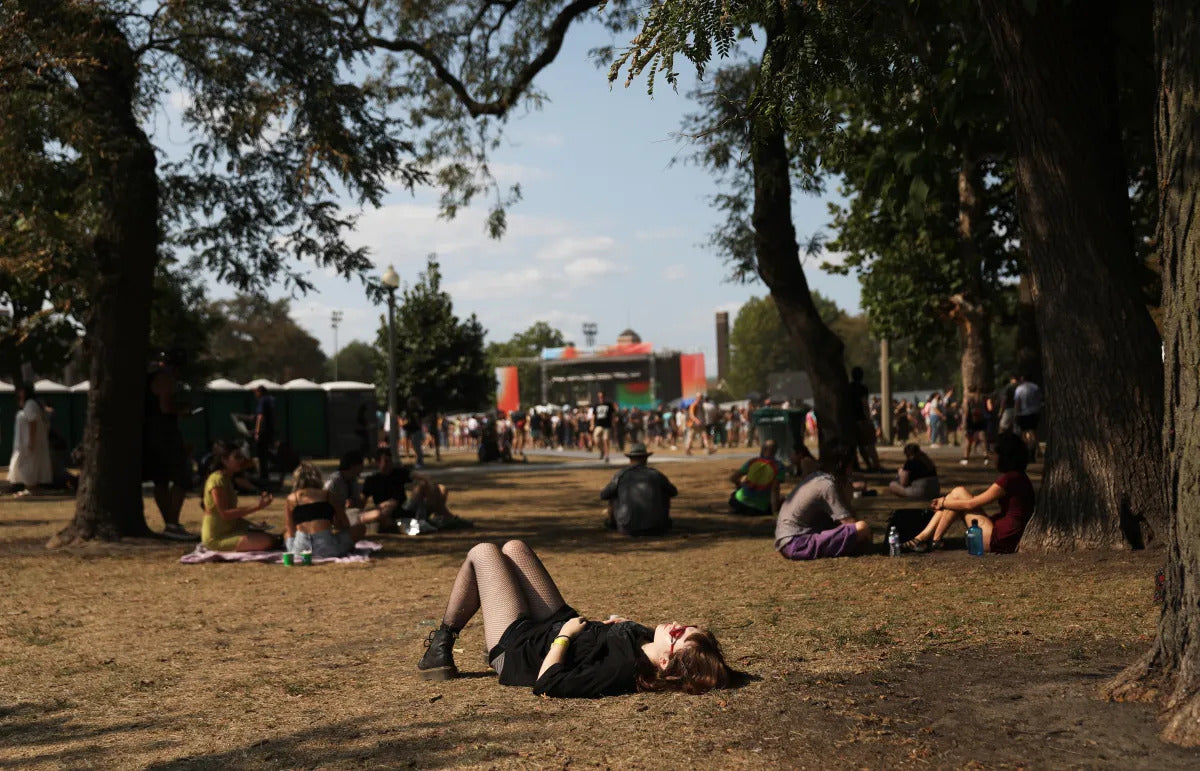
The importance of eco-friendly practices at festivals cannot be overstated. Each year, music festivals attract millions of attendees, generating significant amounts of waste and carbon emissions. The environmental impact includes not just the litter left behind but also the broader effects on local ecosystems, wildlife, and global climate change.
Preservation of Natural Sites: Many festivals take place in beautiful, often pristine locations. Protecting these areas ensures they remain vibrant and accessible for future generations. Implementing eco-friendly practices helps preserve the natural beauty and biodiversity of these sites.
Carbon Footprint Reduction: Transportation to and from festivals, energy used for lighting and sound, and other festival operations contribute significantly to carbon emissions. By adopting green practices, such as using renewable energy sources and encouraging carpooling or public transportation, festivals and attendees can significantly reduce their carbon footprint.
Waste Management: Proper waste management is crucial. Without it, the waste generated at festivals can end up in landfills, oceans, or scattered around the natural environment, harming wildlife and polluting ecosystems. Recycling, composting, and reducing waste at the source are essential steps towards a cleaner, greener festival experience.
Community and Culture Building: Beyond the environmental benefits, promoting sustainability at festivals fosters a sense of community and shared responsibility among attendees. It encourages a culture of respect for the environment and for each other, creating a more inclusive and conscientious festival atmosphere.
The urgency for adopting eco-friendly practices at festivals becomes clear when considering the broader impact on our planet. As former "trash pirate" Moon Mandel, noted in Vogue, "Some people go to festivals for the lineup, I go for the trash," a sentiment echoed by who represents a growing contingent of festival goers turning their attention towards sustainability. This shift underscores the importance of waste management and environmental education as pivotal elements in minimizing the ecological footprint of festivals.
Is It Hard to Be Eco-Friendly at Festivals?
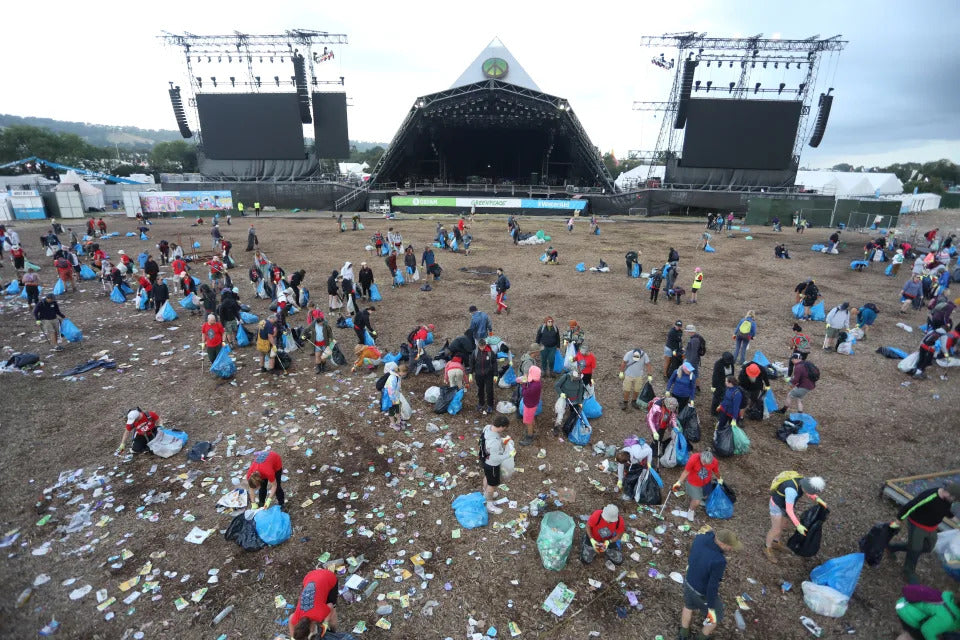
While the idea of being eco-friendly at a festival might seem challenging amidst the excitement and spontaneity of the event, many festivals are making it easier for attendees to adopt sustainable habits.
Accessibility of Sustainable Options: Festivals are increasingly providing sustainable options that make it easier for attendees to make eco-friendly choices. This includes access to water refill stations, availability of composting and recycling bins, and partnerships with local food vendors that prioritize sustainability.
Education and Awareness: Many festivals are taking proactive steps to educate attendees about the importance of sustainability through workshops, informational booths, and social media campaigns. This education not only raises awareness but also empowers attendees to take action.
Community Support: The festival community plays a significant role in supporting sustainable practices. From organized clean-up efforts to sharing resources, the collective action of festival-goers can significantly mitigate the environmental impact of the event.
Challenges Remain: Despite these efforts, challenges such as logistical constraints, the need for widespread behavior change, and the cost of implementing sustainable practices persist. However, with continued innovation and commitment, these hurdles can be overcome, paving the way for increasingly sustainable festivals.
Examples of Music Festivals' Sustainable Initiatives:
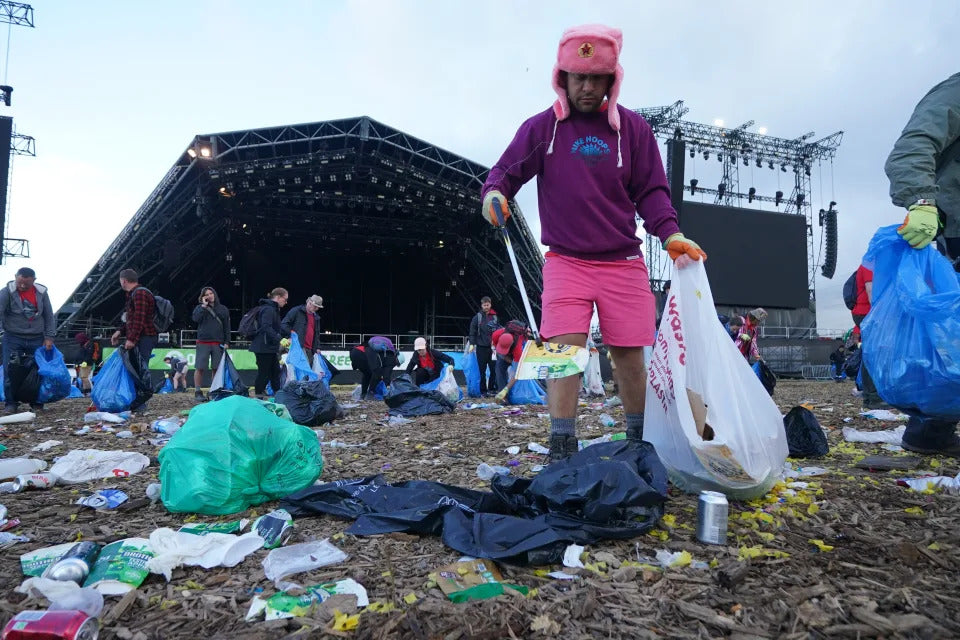
Innovative sustainable initiatives are being implemented across the globe, setting new standards for eco-friendly festivals:
Green Operations at Øya Festival: Norway's Øya Festival is renowned for its sustainability, utilizing 100% renewable energy, serving organic food, and achieving a waste recycling rate of over 90%. This holistic approach demonstrates the feasibility of large-scale sustainable event planning.
Waste Reduction at Shambhala Music Festival: Located in British Columbia, Canada, Shambhala Music Festival has eliminated the sale of single-use water bottles on-site and encourages attendees to bring their own reusable containers, significantly reducing plastic waste.
Carbon Offset Programs: Many festivals, including Bonnaroo and Glastonbury, offer carbon offset options for attendees, calculating the carbon footprint of travel and offering ways to offset it through renewable energy projects or reforestation efforts.
Sustainable Art and Decor: Festivals like Burning Man encourage the creation of art installations using recycled materials, promoting both creativity and sustainability. This not only minimizes waste but also raises awareness about recycling and repurposing materials.
Coachella Allowing Reusable Bottles: Coachella's commitment to sustainability is further exemplified by its innovative approach to reducing plastic pollution. "2023 [was] the first year Coachella will allow only reusable aluminum water bottles into the festival grounds," shared Cole Froelich, the festival director, highlighting a significant stride towards minimizing the event’s environmental impact.
Yet, the sustainability challenge extends beyond individual festivals. A 2020 report from climate action group Vision 2025 reveals that "68% of UK festivals now have a sustainability coordinator," a positive trend amidst concerns over the festival industry's considerable fuel consumption and waste production. This context frames the ongoing efforts and innovations aimed at making festivals more sustainable, emphasizing the critical role of festival fans, organizers, and artists in driving change.
Can a Music Festival Ever Be Truly Sustainable?
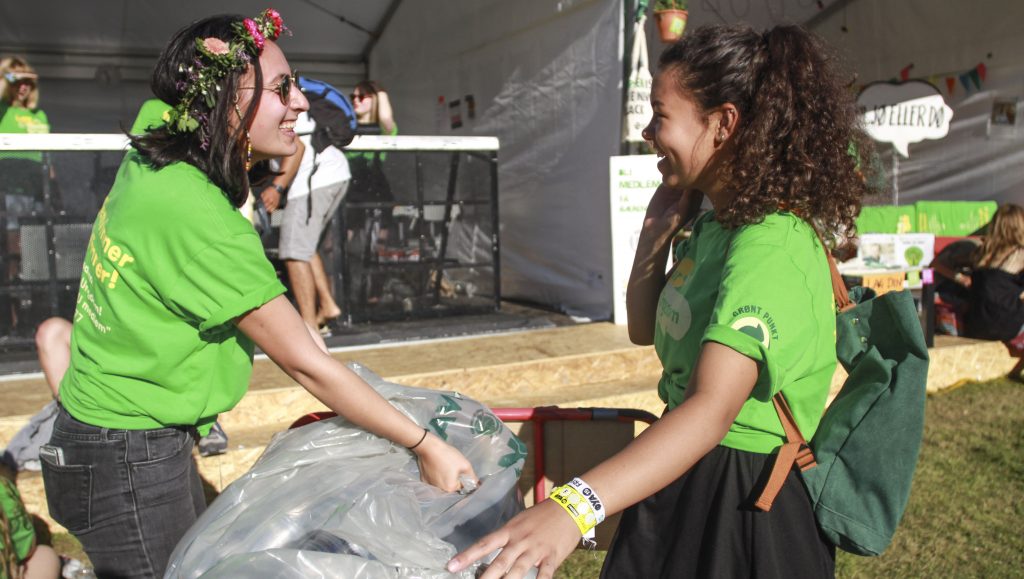
Sustainability in music festivals is not a one-size-fits-all model; it's a mosaic of initiatives tailored to each event's unique environment and community. The dream of achieving true sustainability encompasses environmental, economic, and social dimensions, creating a balance that nurtures the planet while still delivering the vibrant experience festival-goers seek.
Environmental Sustainability: The environmental pillar focuses on reducing the carbon footprint, managing waste efficiently, and utilizing renewable energy sources. For instance, the Øya Festival in Norway powers its entire event with renewable energy, showcasing a commitment to environmental stewardship. Another example is the Lightning in a Bottle festival, which integrates educational workshops on sustainability, emphasizing the importance of water conservation and offering incentives for attendees participating in clean-up efforts.
Economic Sustainability: Economic sustainability involves supporting local economies and ensuring the festival's activities do not lead to long-term depletion of local resources. This can be achieved by sourcing food and materials from local vendors, employing local staff, and engaging in fair trade practices. Festivals like Boomtown Fair have taken significant steps by investing in local communities and ensuring their supply chains are as ethical and sustainable as possible.
Social Sustainability: This aspect focuses on ensuring inclusivity, safety, and well-being for all attendees, staff, and artists. It includes measures like providing adequate health services, creating safe spaces for all individuals, and promoting a culture of respect and community. The Shambala Festival in the UK is known for its diverse lineup, workshops on social justice, and efforts to create an inclusive atmosphere.
Achieving true sustainability requires a continuous effort from organizers, attendees, and all stakeholders involved. It's a journey of learning, adapting, and innovating to ensure that music festivals can be both enjoyable and respectful of our planet and its inhabitants.
Sustainable Festival Packing List: Essentials for Any Music Festival
Eco-Friendly Festival Gear:
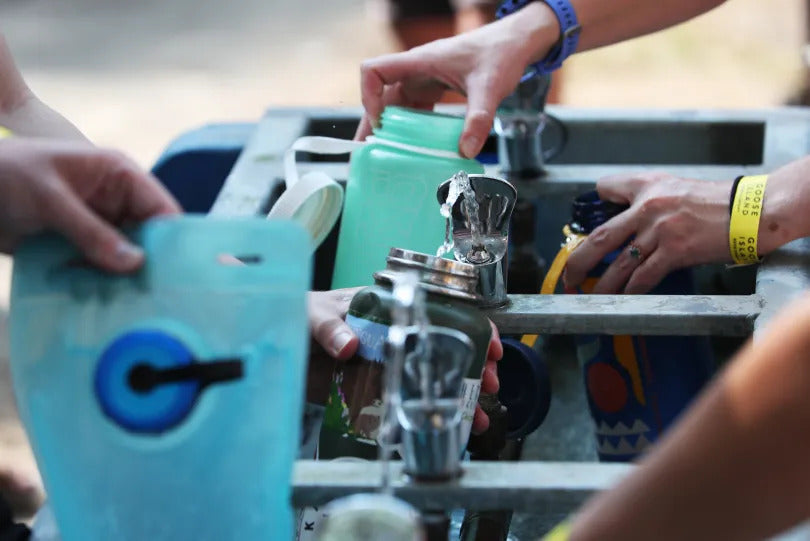
-
Reusable Water Bottles: Stay hydrated without contributing to plastic waste. Look for bottles made from sustainable materials like stainless steel or recycled plastic.
-
Solar Chargers: Keep your devices powered up with renewable solar energy. Compact and efficient, solar chargers are perfect for festival settings.
-
Biodegradable Glitter and Sunscreen: Shine responsibly with eco-friendly glitter made from plant-based materials. Protect your skin with reef-safe, biodegradable sunscreen.
-
Eco-Camping Supplies: If camping, opt for a durable, eco-friendly tent, sleeping bags made from recycled materials, and LED solar lights to reduce your carbon footprint.
-
EcoBlvd Phone Cases: Each design in our Festival Season 2024 Style Picks captures the essence of festival fashion trends inspired by the iconic styles of headliners Lana Del Rey, Tyler, The Creator, and Doja Cat. Whether you're drawn to Lana’s vintage romantic vibes, Tyler's sophisticated elegance, vibrant florals, or Doja Cat's bold neons and striking patterns, there's a design to complement every festival outfit.
Here are some key styles to look for:
Bohemian Rhapsody: For the free spirits adorned in crochet, fringe, and flowy fabrics, opt for designs that encapsulate the essence of bohemian chic with their earthy tones and intricate patterns.
Glitter and Glam: Highlight the sparkle with designs that mirror the shimmer of your festival glam. Perfect for those who don’t shy away from glitter, sequins, and all things that shine under the Coachella sun.
Harmonic Flow: For lovers of fluidity and grace, often dancing barefoot to the sound of their favorite tunes, opt for designs that capture the rhythmic motion and the fluid nature of music and dance with wave-like patterns and positive messages.
Desert Dwellers: For those embodying the rugged, earthy desert vibe with utility boots, denim, and leather, look.
Sustainable Outfits:
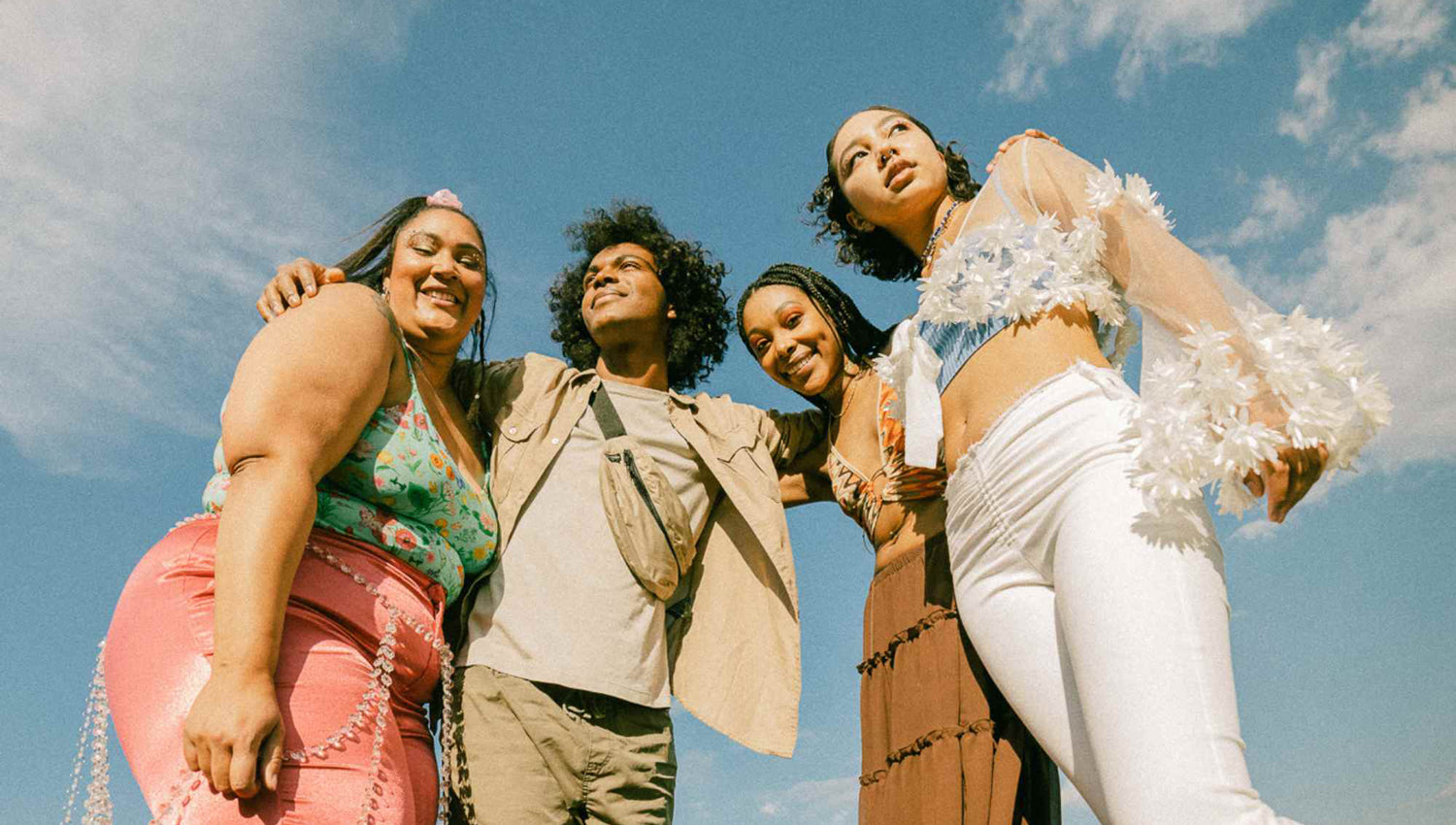
Eco-Friendly Personal Items:
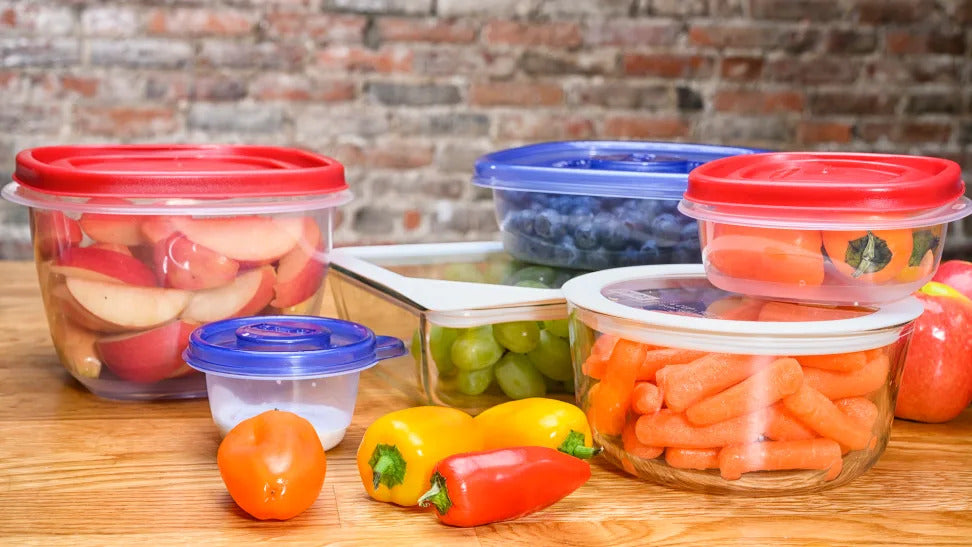
Pro Tips for a Sustainable Festival Experience:
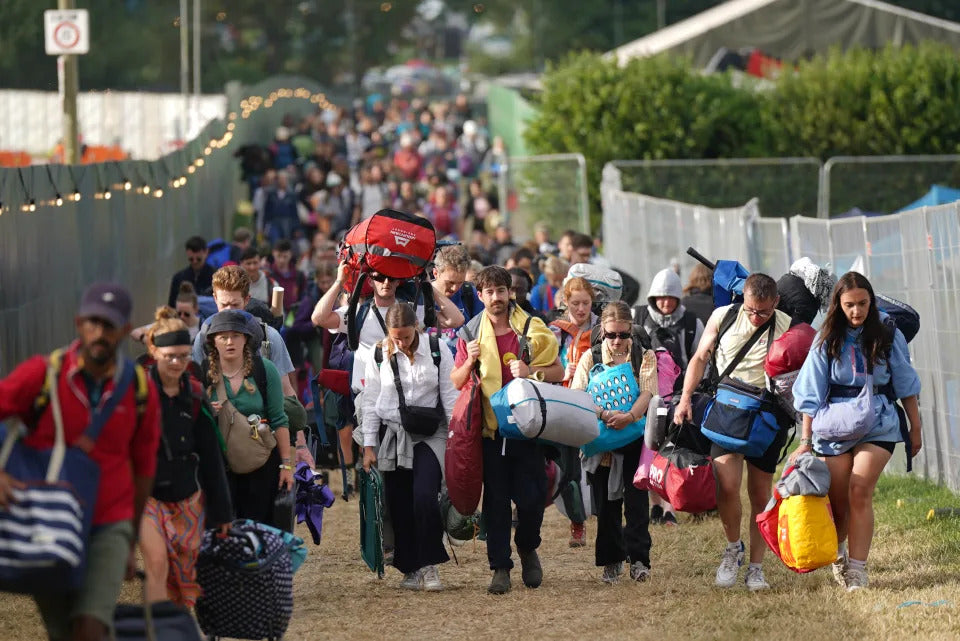
By equipping yourself with these sustainable festival essentials, you not only enhance your own experience but also contribute to a larger movement towards eco-conscious living. Remember, the choices we make, from the gear we pack to the practices we adopt, have the power to transform our favorite festivals into celebrations that honor both music and the environment.
Incorporating these sustainable essentials into your festival preparations not only ensures you're ready for an unforgettable experience but also aligns your festival journey with the values of respect and care for the planet. Let's gear up for a greener festival season, one choice at a time.
Conclusion:
As we look forward to the 2024 festival season, the call for sustainability is louder and clearer than ever. Through the collective efforts of organizers, attendees, and industry advocates, we're witnessing the transformative potential of eco-conscious practices in shaping a more sustainable future for music festivals. Festival-goers can contribute to a movement that not only celebrates the power of music but also honors our responsibility to the planet. Together, let's continue to set the green stage for future generations, ensuring that the festival spirit thrives in harmony with the environment.



